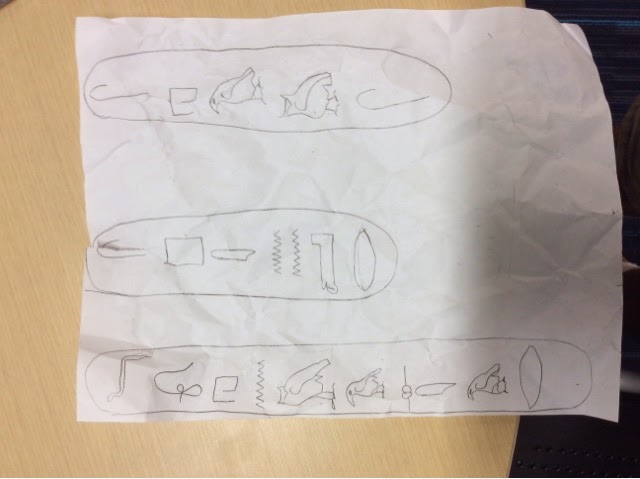Digital Scrapbook Entry- Mesopotamia
Jack S.
11/3/14
Per. 4
Links- Author: Unknown
Author: Unkown
Author: Munich watcher
Author: Unkown
The Power of Beer
In Mesopotamia beer was one of the biggest parts of their culture. The process of making beer, or fermentation, brought many new innovations to Mesopotamia including a new type of currency, shorthand writing, and just made people happy in general. Beer was a fascinating new beverage and people enjoyed drinking it. Beer was more flavorful than water, but the wheat and barley in it actually gave it nutritional value. With these advantages over other beverages beer soon became the most popular drink in Mesopotamia. Beer would be widely consumed in large groups and at social gatherings. Does this sound familiar?
In today's world, beer is still one of the most popular drinks globally. At Oktoberfest last year over 6.7 million liters of beer were consumed by 6 million people. This is a prime example of the power of beer. People enjoy drinking beer together as a bonding activity which creates friendships. Events like Oktoberfest makes people happy and gives them a chance to have fun and the only reason Oktoberfest is around is because of beer. In 2012 there was over 55.1 billion gallons of beer sold in the United States alone. With how much beer is bought and consumed it makes quite a big economic splash as well. Beer has an annual 10 billion dollar segment which is pretty impressive for a beverage. Overall, beer has had a positive effect on the modern day world.
Beer is an image of fun, excitement, and happiness throughout history and will continue to be for a long time. Without the Mesopotamians invention of beer the United States couldn't bring in 10 billion dollars annually and we wouldn't be able to have the thousands of jobs created by breweries, but most of all we wouldn't be able to have as good of a time as possible. Beer is a surprisingly important part of American culture and many other cultures around the world and without it people would lose part of their culture and lose something that they love. A good beer has brought smiles to people faces since the days of ancient Mesopotamia and will continue to bring smiles to people faces for as long as we will live.











